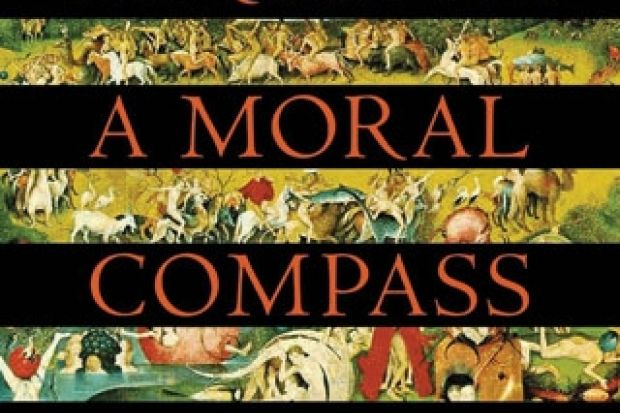We need ethics because we live in an imperfect world: this is one of the motifs of Kenan Malik’s ambitious history, which charts the rise and fall of ethical views from Homeric Greece and ancient Athens, to China, India and the Islamic world, and up to the present day. Moral codes, Malik tells us, grow out of social structures, and it is thus social changes that make moral changes possible. This is what makes the difference between bold ideals – such as the universalism espoused by pre-modern thinkers including the Stoics and the Mohists in China – that remain utopian dreams and those that successfully translate into social realities. Moral codes, conversely, often emerge in periods of social dislocation, when moral life has broken down and values must be regrounded. We may think of the transition from heroic society to more settled forms of civil life, which in the ancient Greek context provided the conditions for the ethical masterpieces of Plato and Aristotle. Similar stories can be told about the emergence of religious ethics, not only in the Abrahamic religions but also in Eastern traditions such as Buddhism.
The few histories of ethics we have often focus monocularly on the West, and some of the best known (such as Alasdair MacIntyre’s After Virtue) tell the story of ethics in pursuit of specific arguments. Malik’s history is different in being more inclusive and less mobilised, and these features contribute not only to its strengths but also to its weaknesses.
The sheer sweep of The Quest for a Moral Compass, coupled with its interest in situating ethical ideas within their larger historical background, means it spreads itself extremely thin, and it often reads like a broad-brushstroke intellectual history of the world. This results, inevitably, in simplifications. One of Malik’s chapters on Islam, for example, is marred by the conflation of two distinct groupings under the moniker of “Rationalists”: Mu’tazilite theologians and Muslim thinkers inspired by Greek philosophy; it also says little about the significance of Sufism or Islamic law for Islamic ethics. Closer to the themes of the book, Malik overplays the “collectivism” of ancient Greek ethics and its way of anchoring ethical judgements in social roles. Given the book’s scope, moreover, its failure to define its own storytelling quest – indeed, it plunges into its first topic without so much as an introductory word – is disconcerting, especially as the first chapters are the choppiest and the book’s themes take time to emerge.
In fact, the sense of morality as a quest, as Malik’s account suggests, is one that adheres to the latest stages of this long history. Will readers who come to the book with a sense of quest go away satisfied? One of the author’s claims is that the social changes of the modern period opened up possibilities of social transformation that displaced the “moral ought” through a “political ought” and made the key question how society should be changed. Except that – in the denouement of this history – the optimism of Enlightenment humanism has ceded, in our own times, to despair over the prospects of social transformation. Malik quotes Michael Ignatieff: we eat well, we drink well, but “we do not have good dreams”. What would it take for us to dream? Despite the vague gesture towards possibilities of meaning-making at the end of the book, this is not a question it answers.
The Quest for a Moral Compass: A Global History of Ethics
By Kenan Malik
Atlantic Books, 400pp, £25.00
ISBN 9781848874794
Published 13 May 2014
Register to continue
Why register?
- Registration is free and only takes a moment
- Once registered, you can read 3 articles a month
- Sign up for our newsletter
Subscribe
Or subscribe for unlimited access to:
- Unlimited access to news, views, insights & reviews
- Digital editions
- Digital access to THE’s university and college rankings analysis
Already registered or a current subscriber? Login





